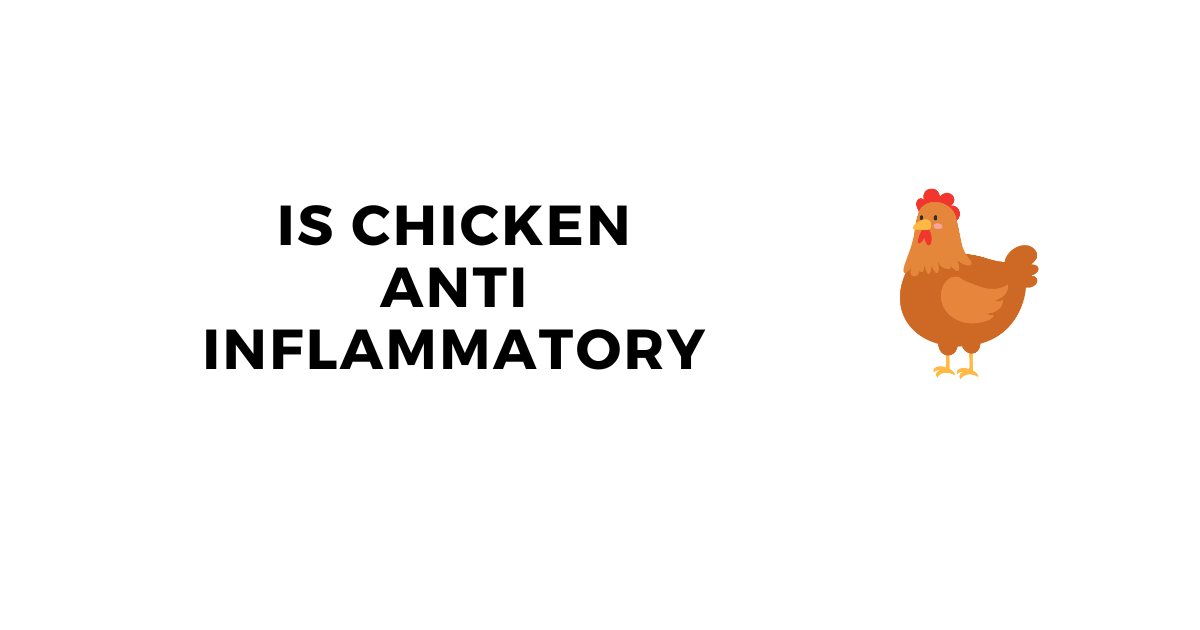
Is Chicken Anti Inflammatory: Plus 12 Foods to Reduce Inflammation
12 Best Anti Inflammatory Foods
There are 12 of the best anti-inflammatory foods that both reduce your risk of disease and promote longevity.
Here’s the issue: inflammation is both good and bad for your health.
Brief bouts of inflammation are beneficial to your health. For example, we need inflammation to help us recover from injury or to fight off infections.
Chronic inflammation is what you need to avoid as it leads to severe health outcomes. These include weight gain and every chronic disease you can get.
Inflammation leads to: arthritis, asthma, inflammatory bowel disease, ulcerative colitis, Crohn’s disease, cancer, diabetes, eczema, lupus, multiple sclerosis, migraines, etc. (1,2).
Causes of Inflammation
Inflammation is caused by diet and lifestyle. Stress is a contributor, as are inflammatory foods. We'll outline all of these triggers and more in the article below, so be sure to read until the end.
First a quick note: easiest way to reduce inflammation is by drinking a high quality chicken bone broth. The chicken powder from Bluebird Provisions has all the immune boosting amino acids.
Also, this website is reader-supported. I spend a lot of time personally evaluating, testing and reviewing each product on this list. When you buy through links on our site, I may earn an affiliate commission.
With that out of the way let's get on to the article.
Is Chicken Anti Inflammatory?
Based on the current research, chicken itself does not have inherent anti-inflammatory properties. It is not inflammatory but also not anti inflammatory.
When I dug deeper in the research to figure out what is going on, it shows that rosemary (commonly prepared with chicken dishes) is a powerful anti-inflammatory herb due to its high concentration of antioxidant compounds. However, it does not specifically mention chicken as having anti-inflammatory effects.
Can you reduce inflammation by eating certain foods?
No single food will boost your health. But does a strict anti-inflammatory diet reduce inflammation?
This depends on your definition of of it. Inflammation, as used in nutrition and health, is a buzzword used by both medical practitioners and the public.
We have certain blood markers for inflammation like C Reactive Protein of TNF Alpha. However, these blood markers are rarely tested in studies that use anti-inflammatory foods.
So where does that leave us? Let’s get practical.
We vary in our sensitivity to dietary changes. We also vary in our sensitivity to foods and medications.
Foods that Reduce Inflammation
Foods that reduce inflammation include fatty fish, dark chocolate, berries, turmeric, peppers, bone broth and more.
Anti-inflammatory foods work, the issue is that these changes might take a long time to happen. Further, they may not be life-altering changes you are looking for.
So where does that leave you?

Experiment with yourself eating these different things. All the superfoods below have almost no downside and a large upside for your health. This is referred to as asymmetric risk.
Here’s the 12 best foods for anti-inflammatory diet
1. Fatty Fish

Fatty fish are a potent anti-inflammatory due to the high amounts of omega-3s: EPA and DHA. Most fish have some omega-3s, but fatty fish have the most.
Omega-3s reduce inflammation and are beneficial for brain health. How? Your body breaks down EPA and DHA into potent anti-inflammatory compounds.
There are positive results for omega-3s in the treatment of many chronic diseases. These include: Alzheimer's, arthritis, diabetes, heart disease, obesity, atherosclerosis, high blood pressure, stroke and cancer (3,4,5,6,7,8,9,10).
If you can't get your hands on salmon, the next best thing are wild caught sardines. These ones are low sodium and sustainably caught.
2. Dark Chocolate

Who knew that something so delicious is also so good for you. I’ll have another!
Dark chocolate is full of antioxidants called flavanols. Flavanols reduce inflammation in your body by clearing bad stuff out of your cells and arteries.
Consuming dark chocolate may help increase longevity and reduce your risk of disease (11, 12, 13, 14).
Choose chocolate that is at least 70% cocoa. 85% is better for anti-inflammatory benefits. Using cocoa or cacao in your baking and cooking is a great idea as well.
3. Berries
Berries are full of antioxidants called anthocyanins. These are potent compounds that increase longevity and reduce your risk of disease (15, 16, 17, 18).
Eating berries helps your body produce natural killers cells (NK cells). Think of NK cells as your body's internal police department.They keep your immune system running properly.
Turns out that those who eat berries regularly produced way more NK cells (19).
Perhaps one of the best anti-inflammatory foods, berries are also packed with vitamins, minerals and fiber.
Popular berries for fighting inflammation include blueberries, raspberries, blackberries and strawberries.
4. Avocados

Certainly having a moment, avocados are worth the hype. They contain many useful compounds for fighting inflammation and reducing cancer risk.
The cancer fighting properties of avocados are credited to carotenoids and tocopherols. Both of which are shown to lower your risk for breast cancer and prostate cancer (20, 21).
Avocados also help your skin stay healthy by removing inflammation in skin cells (22).
Should you eat avocado on your hamburger?
One study showed those who ate an avocado slice on their burger had lower inflammation to those who ate the hamburger sans avocado (23).
Avocados are also packed full of fiber, potassium and magnesium.
5. Turmeric
When you think about these types of foods, you probably think of turmeric. It’s that strong spice that gives curries and other dishes a distinct yellow hue. It’s also impossible to get turmeric stains out of clothes. Trust me.
Some (but not all) of the anti-inflammatory benefits are due to a nutrient within turmeric called curcumin.
Daily curcumin consumption reduced inflammation in those suffering from metabolic syndrome. Metabolic syndrome is a combination of diabetes, high blood pressure and obesity (24).
Many people supplement with curcumin directly, as it may be difficult to get enough from turmeric alone.
The research shows that curcumin seems to be more effective than just turmeric.
Curcumin reduces inflammation associated with diabetes, arthritis, heart disease and many other inflammatory diseases (25, 26, 27).
If you are going to take curcumin or turmeric, be sure to include black pepper (or piperine on your supplement label).
Piperine is an active component in black pepper which helps to boost curcumin absorption by 2000% (28).
6. Mushrooms

Perhaps more than any other food, mushrooms have stood the test of time. They’re history dates back 3000 years when they were and still are used in both Chinese and Ayurvedic Medicine.
Mushrooms are full of antioxidant compounds like beta-glucans and polyphenols. They reduce inflammation and boost your immune system to fight infection (29, 30, 31, 32, 33).
Mushrooms are also full of B vitamins, selenium and copper. They’re rich in flavor and low in calories -- making them a popular choice among dieters.
For anti-inflammatory benefits, mushrooms are best eaten lightly cooked or raw.
For a full list of mushrooms (including Chaga, Reishi, Lions Mane) and their health benefits, read this.
7. Leafy Green Vegetables like Broccoli
You know they're good for you, you may not like to eat them… these include broccoli, spinach and kale.
Leafy greens are full of vitamins and minerals that reduce inflammation and your risk of cancer and heart disease (34, 35).
The antioxidants in these vegetables seem to stop inflammation in its earliest stage.
For example, broccoli is full of sulforaphane, a potent anti-inflammatory compound (36).
Try to get at least two servings per day. Add your green vegetables to soup, sauces (diced up or blended) or casseroles.
My partner and I dice up broccoli bits and add them to our lasagna sauce. No one notices them and you get all the health benefits.
8. Peppers
Bell peppers, especially bright colored ones are all potent anti-inflammatory foods. Why? They’re full of vitamin C and powerful antioxidants like quercetin (37, 38).
Quercetin decreases inflammation in your body, especially if you are fighting a disease (39).
Red and orange peppers have a compound called capsaicin, which helps reduce inflammation and chronic pain.
You may not like hot peppers like chili, but they have other powerful anti-inflammatory compounds like ferulic and sinapic acid. These also reduce inflammation and contribute to longevity (40).
9. Bone Broth: Nature's Anti-Inflammatories
Gelatinous bone broth is loaded with anti-inflammatory amino acids like glycine, proline and glucosamine.
Glycine is a powerful anti-inflammatory that rebuilds your gut tissue to restore proper digestion (41). It’s used to treat ulcerative colitis, Crohn’s Disease and IBD.
Proline fights respiratory inflammation to boost your immune system (42).
Glucosamine is great for fighting joint inflammation. Combined with chondroitin, it helps to rebuild cartilage around creaky joints (43).
You can find properly made bone broth or bone broth powder online. Bluebird Provisions makes a chicken bone broth powder you can find on Amazon that is full of these potent compounds.
10. Green Tea
Turns out, drinking green tea is great for everything, including inflammation. I’m not a huge fan, but the evidence is solid.
Green tea helps lower your risk of obesity, Alzheimer’s, cancer and heart disease (44, 45, 46, 47).
Green tea contains antioxidants (namely EGCG) that protect your cells from damage. This keeps your arteries clear from fatty acids and reduces inflammation.
11. Extra Virgin Olive Oil
Turns out the Mediterranean diet was on to something when it comes to anti-inflammatory foods. Extra virgin olive oil is full of the healthier monounsaturated fats, which provide many health benefits.
The compounds in olive oil reduce cancer risk, heart disease and many other chronic diseases (48, 49, 50).
Some antioxidants in olive oil perform similarly to drugs like ibuprofen. Crazy right?
What’s more, those who use 50 ml of olive oil per day had much lower inflammation than those who do not. It is difficult to parse out the healthy user bias in this study, as the subjects were on the Mediterranean diet. But it’s incredibly interesting (51).
Only use extra virgin olive oil. Any other forms of olive oil are refined and likely diluted with other industrial seed oils. Industrial seed oils are horrible for your health.
12. Tomatoes
The anti-inflammatory foods committee (doesn’t actually exist) is split on whether tomatoes are inflammatory.
Many believe that nightshades (which tomatoes are a part of) are pro-inflammatory due to the skin on them. They claim our bodies cannot digest the skin properly. That being said, there are many benefits to tomatoes, so I included them on the list.
Tomatoes are the best source of lycopene in the Western diet. Why should you care about lycopene? It’s a carotenoid, which is an important precursor to vitamin A.
It is another anti-inflammatory food that helps to prevent chronic degenerative and inflammatory health conditions.
Lycopene is fat soluble, meaning you need to combine it with fat to get properly absorbed. You also need to gently heat lycopene for 15-60 minutes to help with absorption. You might as well pair your tomatoes with extra virgin olive oil (see above) in a slowly simmered sauce for extra anti-inflammatory benefits.
Store bought sauces and tomato paste will have some benefits, but ensure they are organic, without added salt or preservatives.
Inflammatory Foods to Avoid
Here’s some inflammatory foods you need avoid.
- Junk foods: Chips, fast food, TV dinners.
- Refined carbohydrates: White bread, baked goods, pasta, crackers.
- Sugar: It’s in everything… seriously, check your labels.
- Industrial seed / vegetable oils: Shortening, grapeseed oil, soybean oil, margarine, hydrogenated vegetable oils.
- Fried foods: Fries, donuts, fried chicken, etc.
- Sugar-sweetened beverages: Soda, iced tea, kombucha, sweet tea, energy drinks, coffee beverages, sports drinks.
- Processed meats: Hot dogs, pepperoni, some bacon, hamburgers, salami, canned meat, beef jerky.
- Trans fats: Shortening and hydrogenated vegetables oils.
- Dairy products: Milk, yogurt, cheese, etc.
You don't have to cut these out completely, but if you notice one you are eating daily, consider cutting back.
Unfortunately, it is not enough to simply eat some good foods. The benefits from any diet are more about what you are not eating than what you are eating.
It is crucial to limit foods that promote inflammation.
Highly processed foods like fast food, TV dinners and processed meats like hot dogs directly lead to higher inflammation in your body (52).
Hydrogenated oils and deep-fried foods are full of trans fats. Trans fats are pro-inflammatory and should be avoided (53).
Refined carbohydrates (think baked goods), sugary drinks are also known to increase inflammation (54).
Intro to the Anti Inflammatory Diet
An Anti-inflammatory diet is an eating plan that focuses on the consumption of foods and beverages with low levels of inflammation. It typically consists mainly of different color vegetables, fruits, animal protein sources and healthy fats.
What are the best foods for anti-inflammatory diet?
The best foods for anti-inflammatory diet fruits and vegetables, fatty fish, olive oil, functional mushrooms, bone broth, avocados, turmeric, green tea and more. Get the full this above in this article.
These diets are in vogue right now. Tom Brady and many other celebrities are pushing the merits of these diets.
“No white sugar. No white flour. No MSG. I’ll use raw olive oil, but I never cook with olive oil. I only cook with coconut oil. Fats like canola oil turn into trans fats.... I use Himalayan pink salt as the sodium. I never use iodized salt.”
They’ve been around for a long time in different forms like: auto-immune paleo diet (AIP), low FODMAP, Wahls Protocol and paleo.
These diets typically restrict the foods listed above. They’ll also remove grains and legumes completely from your diet as they’re thought to be inflammatory.
In reality, the Mediterranean diet is pretty close to many anti-inflammatory diets out there. It’s a great starting point if you are looking at anti-inflammatory foods as medicine.
Best Anti inflammatory Fruits
Anti inflammatory fruits include :
1. Strawberries
2. Blueberries
3. Blackberries
4. Cherries (sweet and sour)
5. Raspberries
6. Green apples (sour)
7. Red apples (sour)
8. Pomegranates
9. Apricots
10. Kiwi fruit
11. Oranges (sweet) and tanger
3 Easy Anti Inflammatory Drinks
A list of anti inflammatory drinks you can have daily include
1. Water:
Drinking plenty of water helps to flush out toxins and wastes from your body, which reduces inflammation in your joints and other parts of the body. Drinking at least 8 glasses of water a day is very important for your health.
2. Green tea:
Drinking green tea has many benefits, including reducing inflammation in the body and helps to keep you hydrated throughout the day.
3. Bone Broth:
Full of unique amino acids: glycine, proline, glucosamine and glutamine, it helps your liver naturally detoxify itself to boost your immune system.
Anti Inflammatory Meals You Can Try
Some delicious anti inflammatory meals you can try today are beef and potato stew, homemade chicken stir fry and fish with yams and broccoli.
I realize that fish may be hard to come by where you live. If you can find frozen, then go for it. Also, don't be afraid of meat. It is only highly processed meat like deli meats and hot dogs are that are inflammatory.
Bottom Line
Chronic inflammation leads to disease and shorter lives. You can do your part by avoiding inflammatory foods and adding more anti-inflammatory foods to your diet.
Bone broth is the one food you should add to your diet to reduce inflammation. Bluebird Provisions makes the absolute best bone broth you will ever try. Get some today.
Leafy greens, turmeric and fatty fish are great options for reducing inflammation. But here are four good rules to follow before you begin loading up on all the inflammation fighting foods above.
- Fresh, whole food ingredients are best
- You should check the labels of premade foods
- Avoid things you can’t pronounce
- A colorful plate will provide a range of antioxidants
What are your favorite anti-inflammatory foods? Leave a comment and let me know.
FAQs About Anti-Inflammatory Foods
What can be done to reduce inflammation in the body?
You can change your diet to reduce inflammation in your body. The best starting point is to remove common inflammatory foods like fried foods, vegetable oils, processed foods and refined carbohydrates / sugar. From here, you can look at anti-inflammatory foods like fatty fish, turmeric, green tea and bone broth.
How do anti-inflammatory foods work?
Anti-inflammatory foods work by providing compounds like antioxidants that fight inflammation at the cellular level. These compounds fix your cells and remove damaged cells so your body can function properly. Also, these foods help heal your damaged gut and intestinal lining. A properly functioning gut is the hallmark of health and longevity.
What are the best anti inflammatory foods?
The best anti inflammatory foods are salmon, berries, leafy greens, turmeric, tomatoes, peppers, mushrooms, avocados, bone broth and green tea. You are best to mix these food groups into your meals. Don't overload on one. Simply eat a colorful plate with lots of fruits and vegetables.
What is the fastest way to reduce inflammation in the body?
The fastest way to reduce inflammation in the body is do the following:
- Quit smoking and cut your alcohol intake (1 glass of red wine / day is a great goal if you're a heavy drinker.
- Eat more antioxidants like leafy greens, berries, green tea and olive oil. They help prevent, delay or repair some types of cell and tissue damage.
- Get your Omega-3s (EPH and DHA) from fatty fish
- Eat less sugars, refined carbohydrates and seed oils
- Do light exercise like walking, yoga, weight training, gardening, dancing.
What can I drink to reduce inflammation?
The number one thing you can drink to reduce inflammation is bone broth. But not any bone broth will work. You must find a bone broth with at least 8 g of protein per cup as. This ensures you are getting enough of the powerful anti-inflammatory compounds like glycine, proline, glucosamine and chondroitin. Bluebird Provisions makes the best bone broth to reduce inflammation.
Is Banana anti-inflammatory?
Bananas have some anti-inflammatory properties, although they are not typical choices for people with arthritis. But their antioxidant properties may help your body ward off some oxidative stress.
Is coffee anti-inflammatory?
Coffee is a potent anti-inflammatory due to its high levels of antioxidants, which have been linked to lower rates of heart disease and cancer. Studies show that coffee drinkers are less likely to develop type 2 diabetes or die from the condition than people who don't drink coffee. Coffee is also a rich source of phytochemicals, which are plant chemicals that help protect against cancer and heart disease.
Is yogurt inflammatory?
Based on the research, yogurt is not inflammatory. That being said, lactose and dairy intolerance is the most common food allergy. Estimates show that up to 1/4 of the population might be sensitive to dairy. For this reason, you need to test for yourself if you are sensitive to yogurt. It could be damaging your gut if you are not careful.
Bluebird Provisions is reader-supported. When you buy through links on our site, we may earn an affiliate commission. As an Amazon Associate, we earn from qualifying purchases.
Disclaimer: this information is for educational purposes only and has not been evaluated by the FDA or CFIA. It is not intended to diagnose, treat, cure, or prevent any disease or healthcare issue. Please consult your primary care physician for advise on any of this.

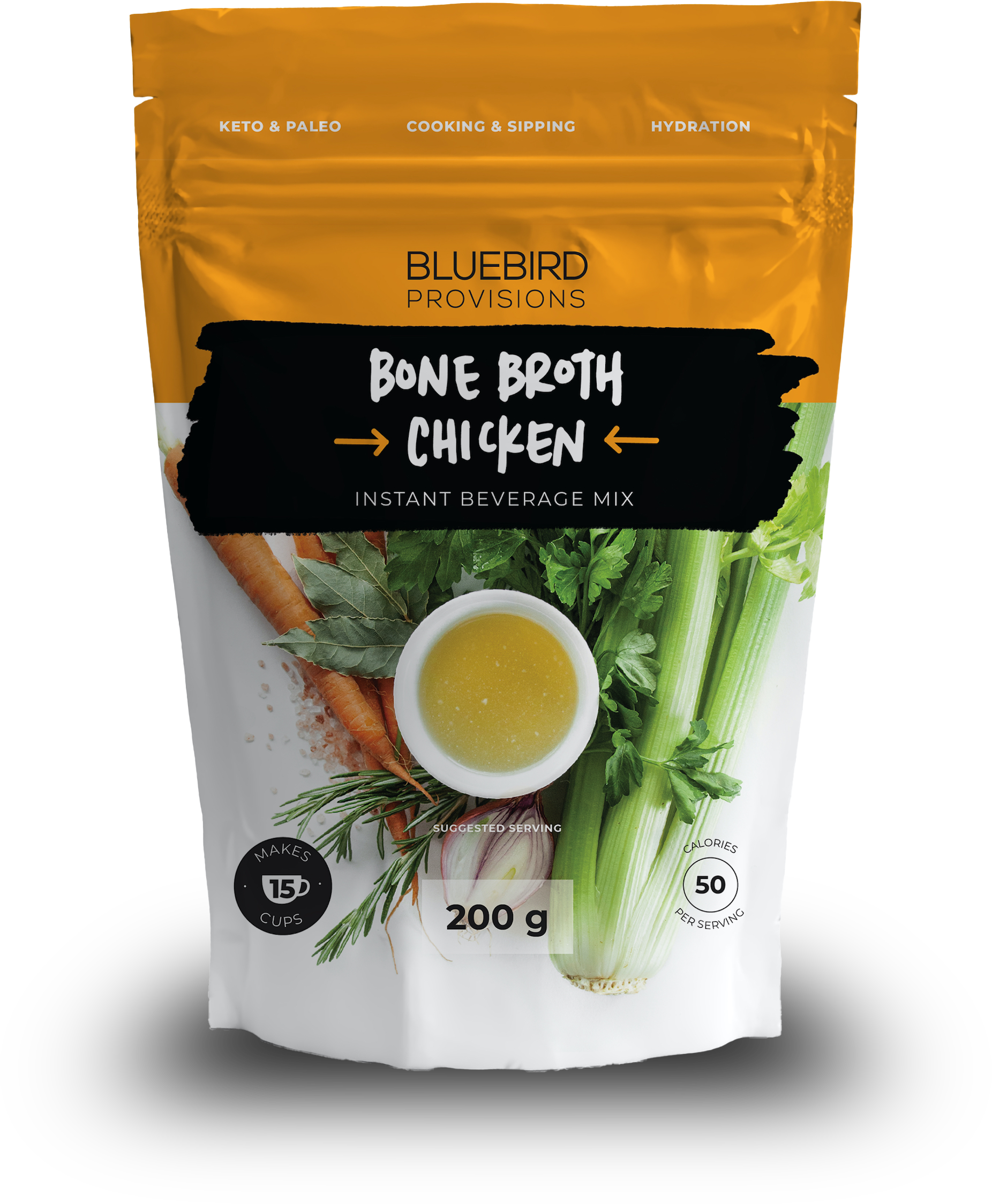
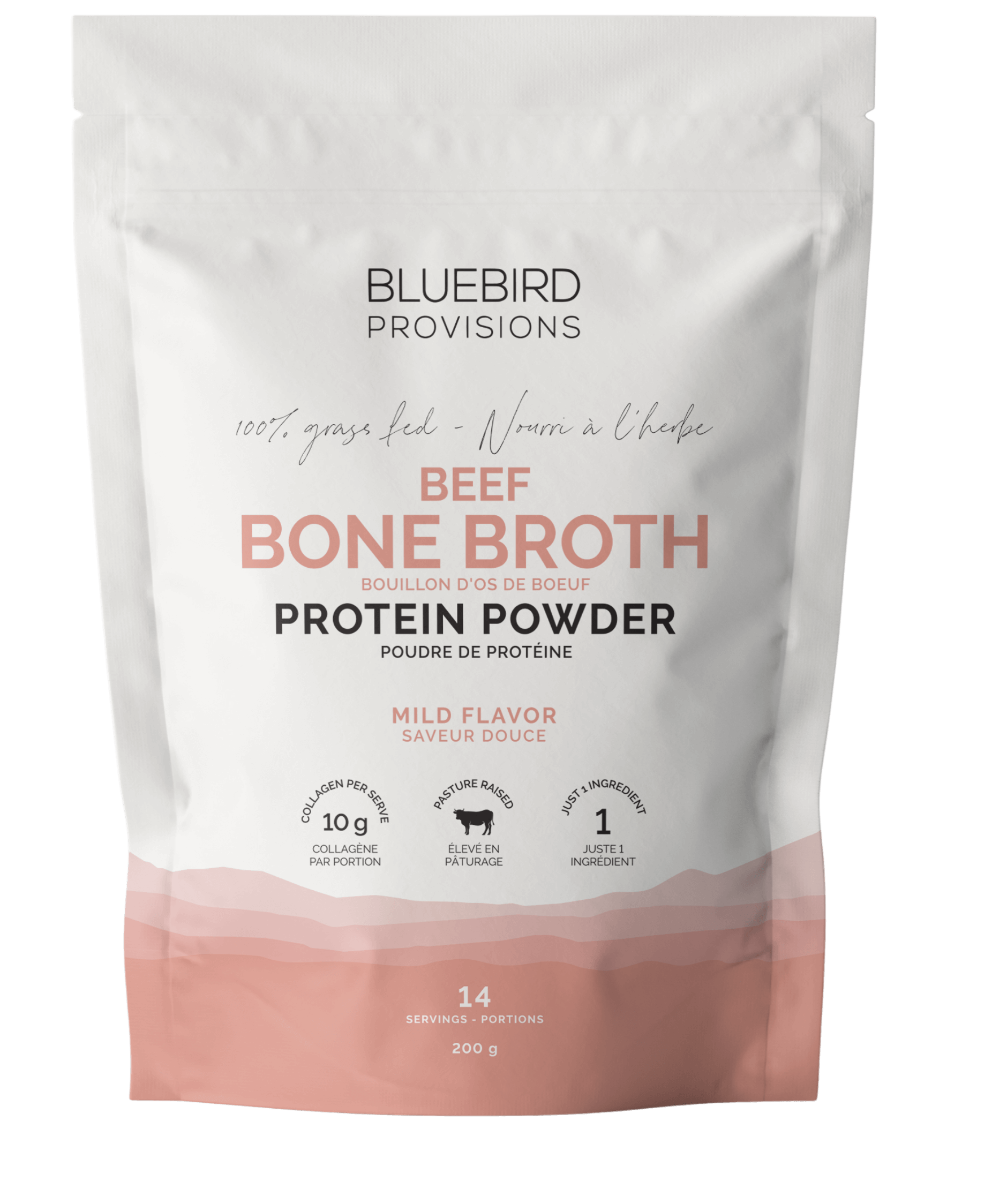
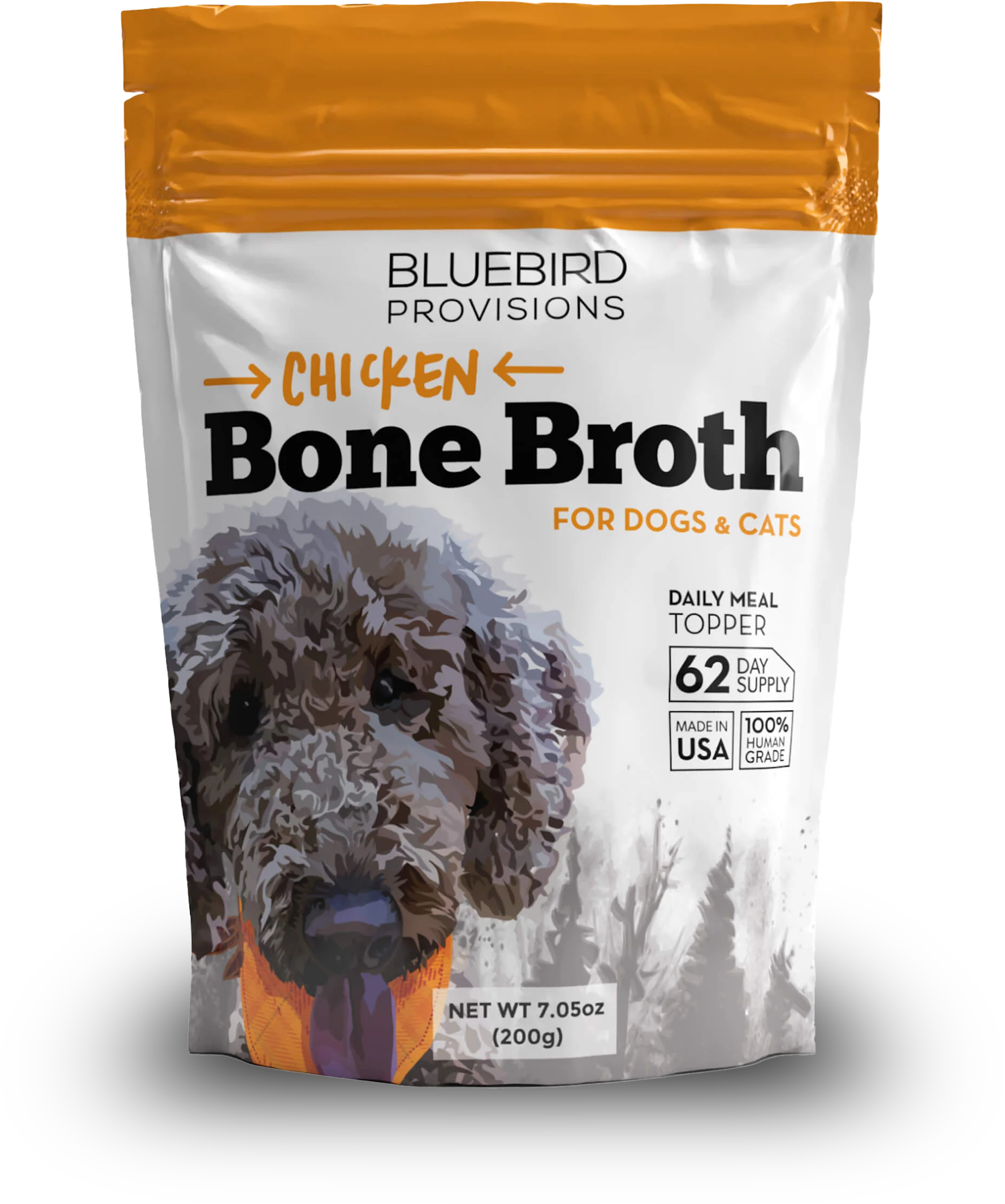
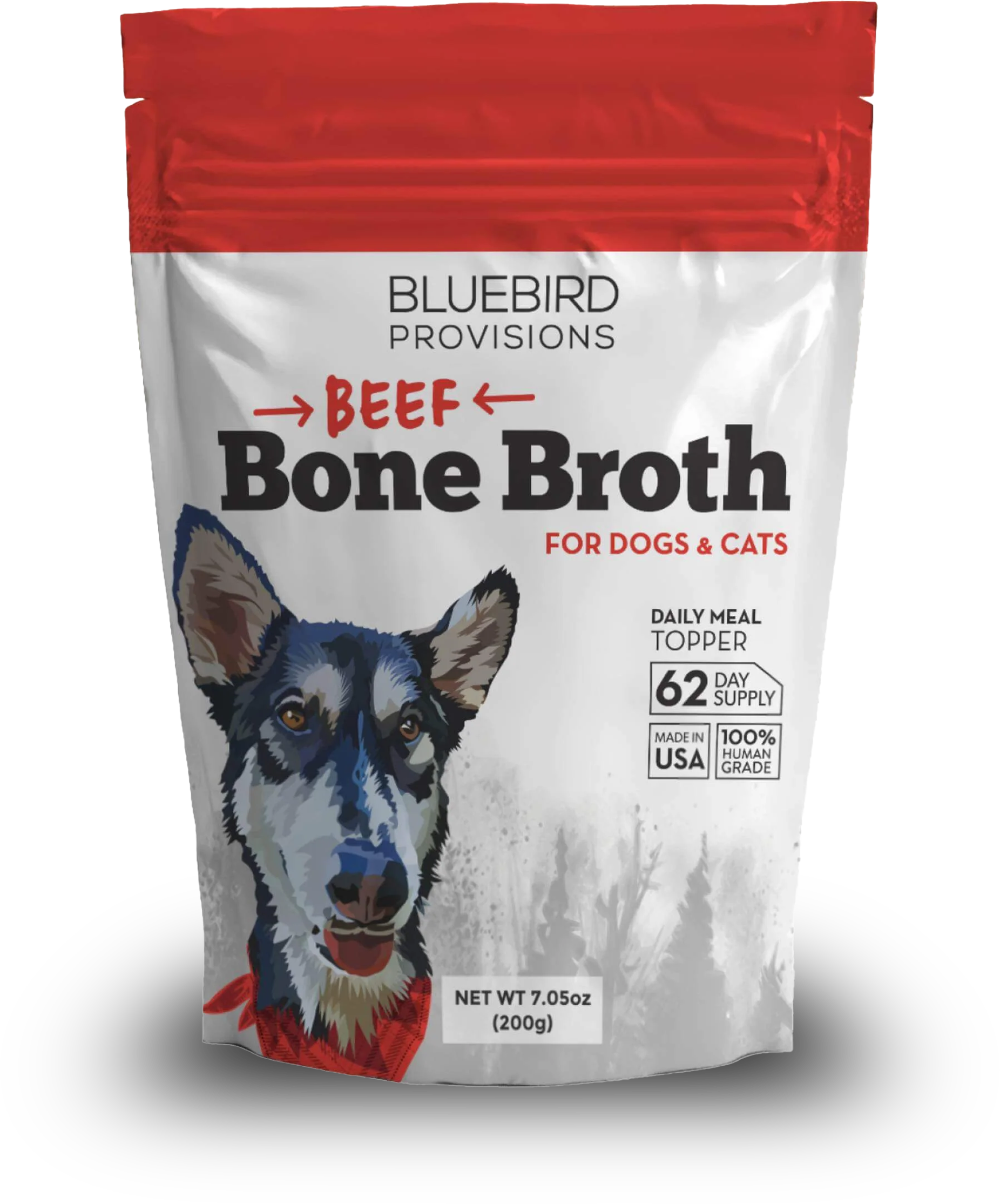
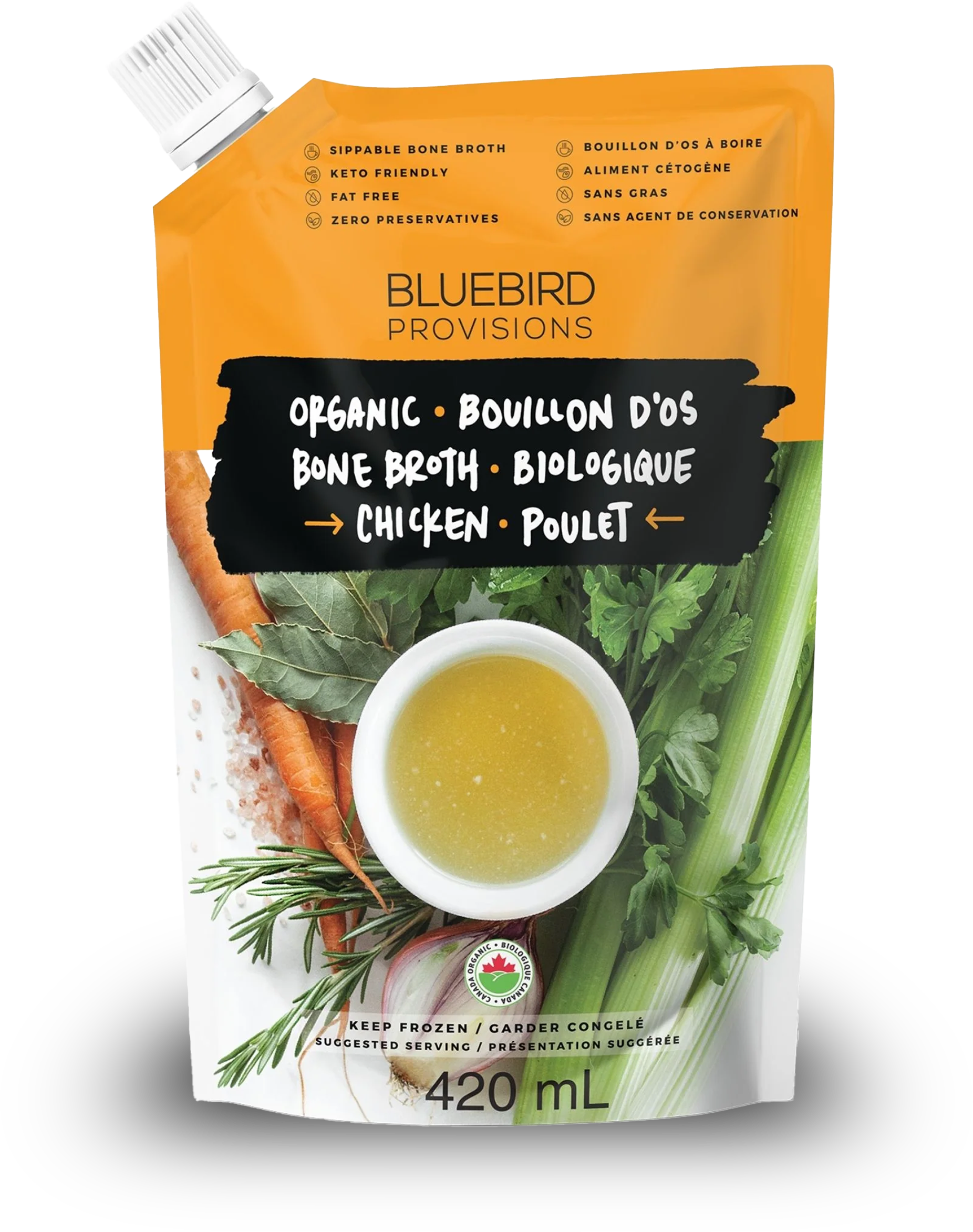
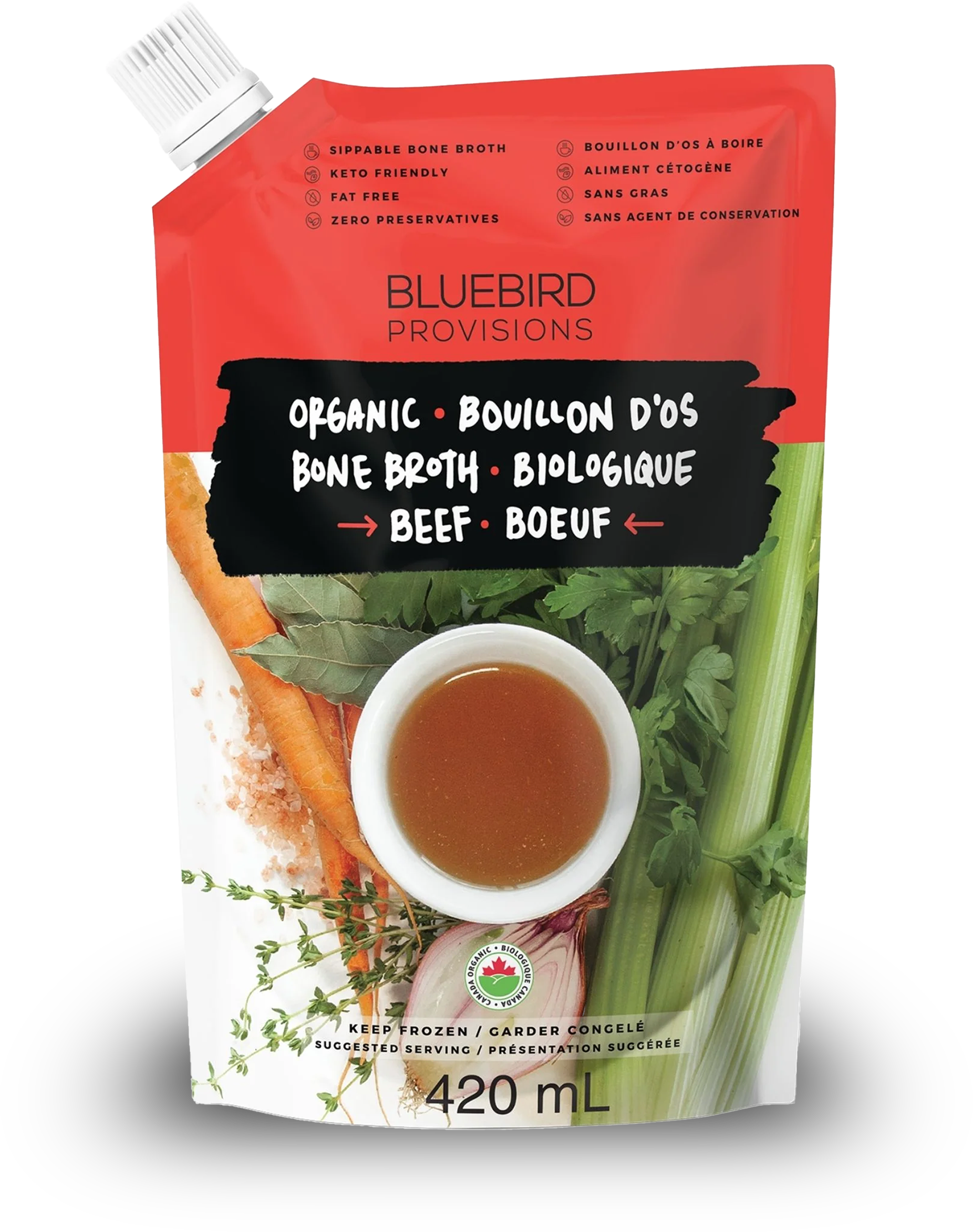




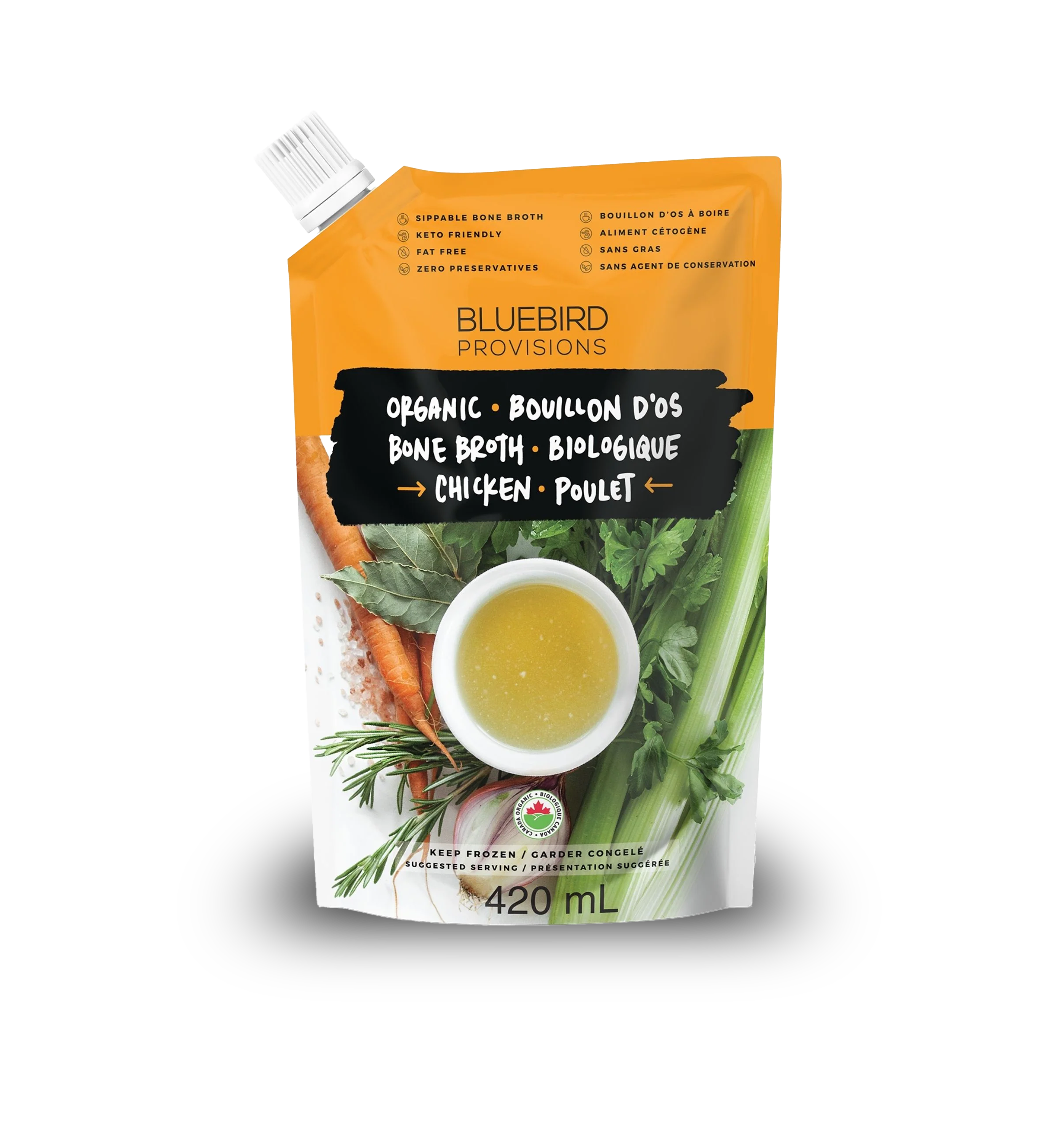
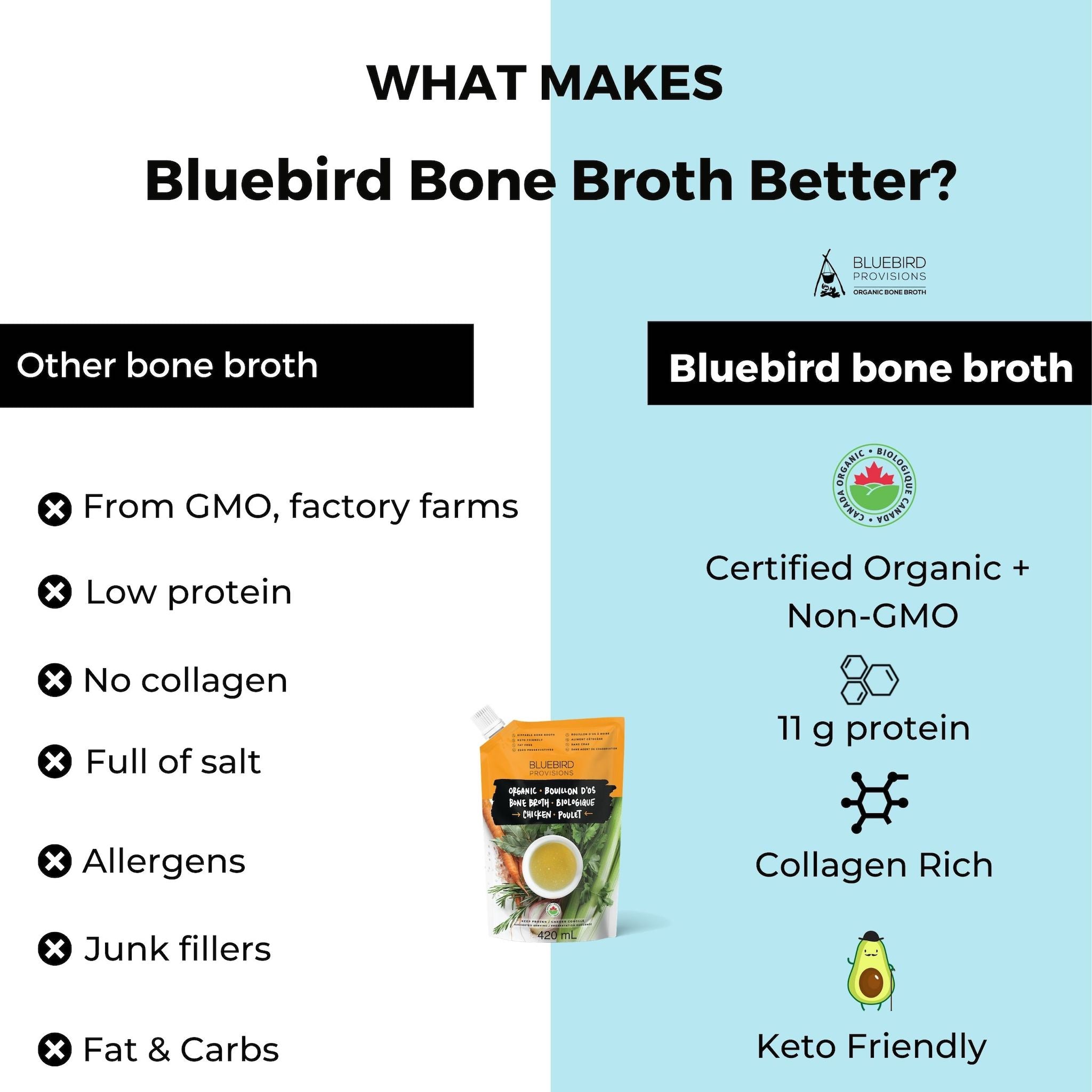
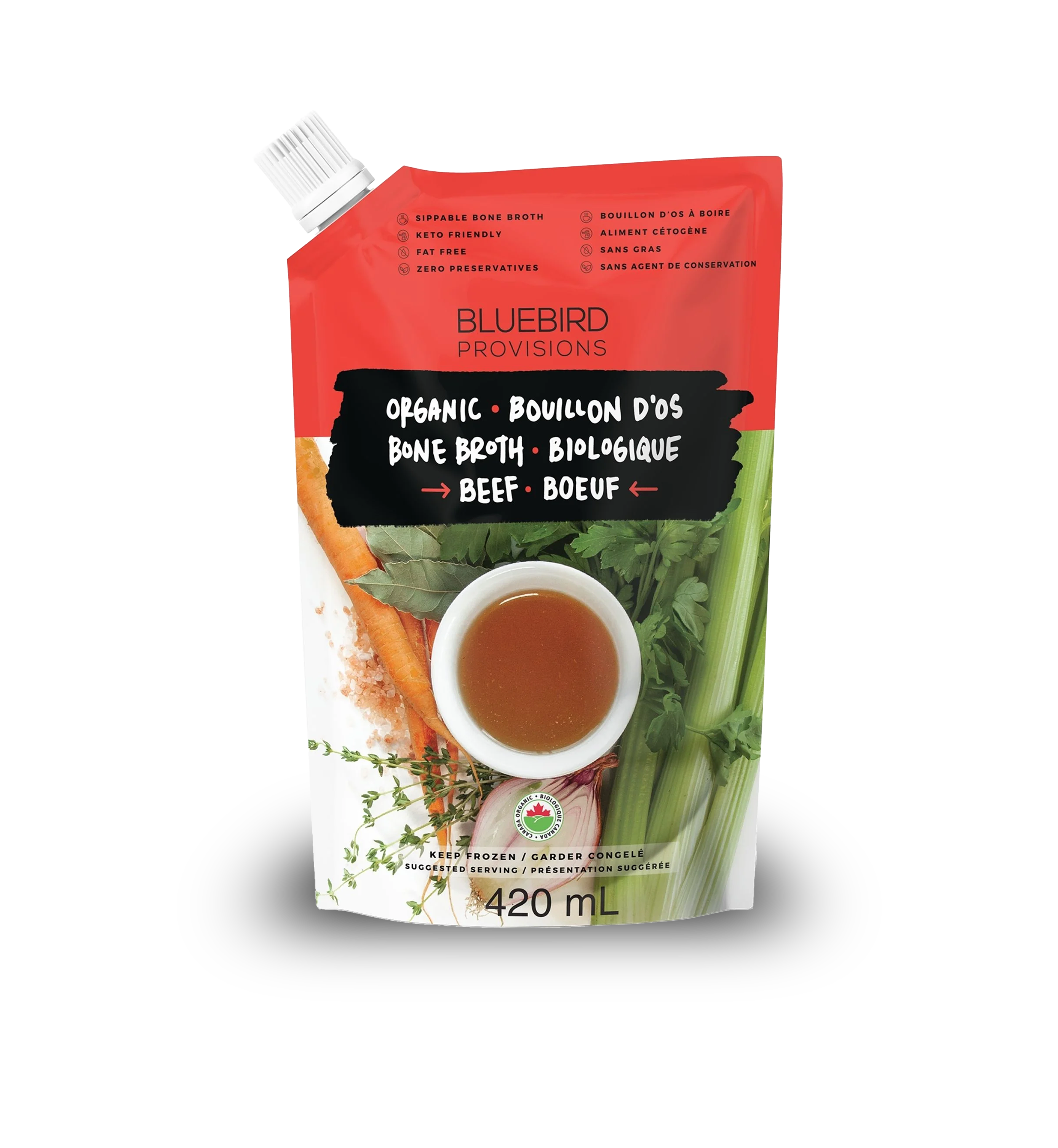
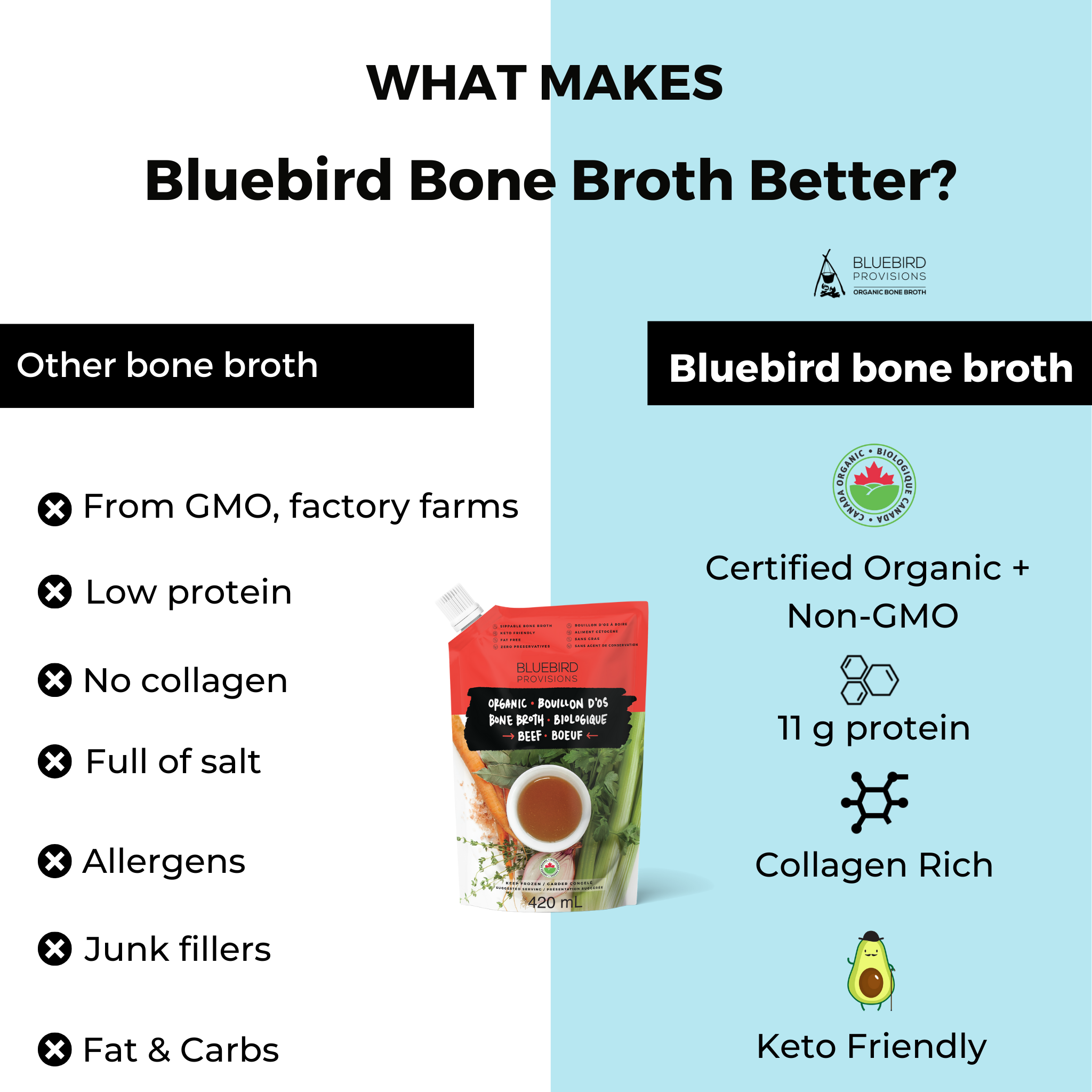
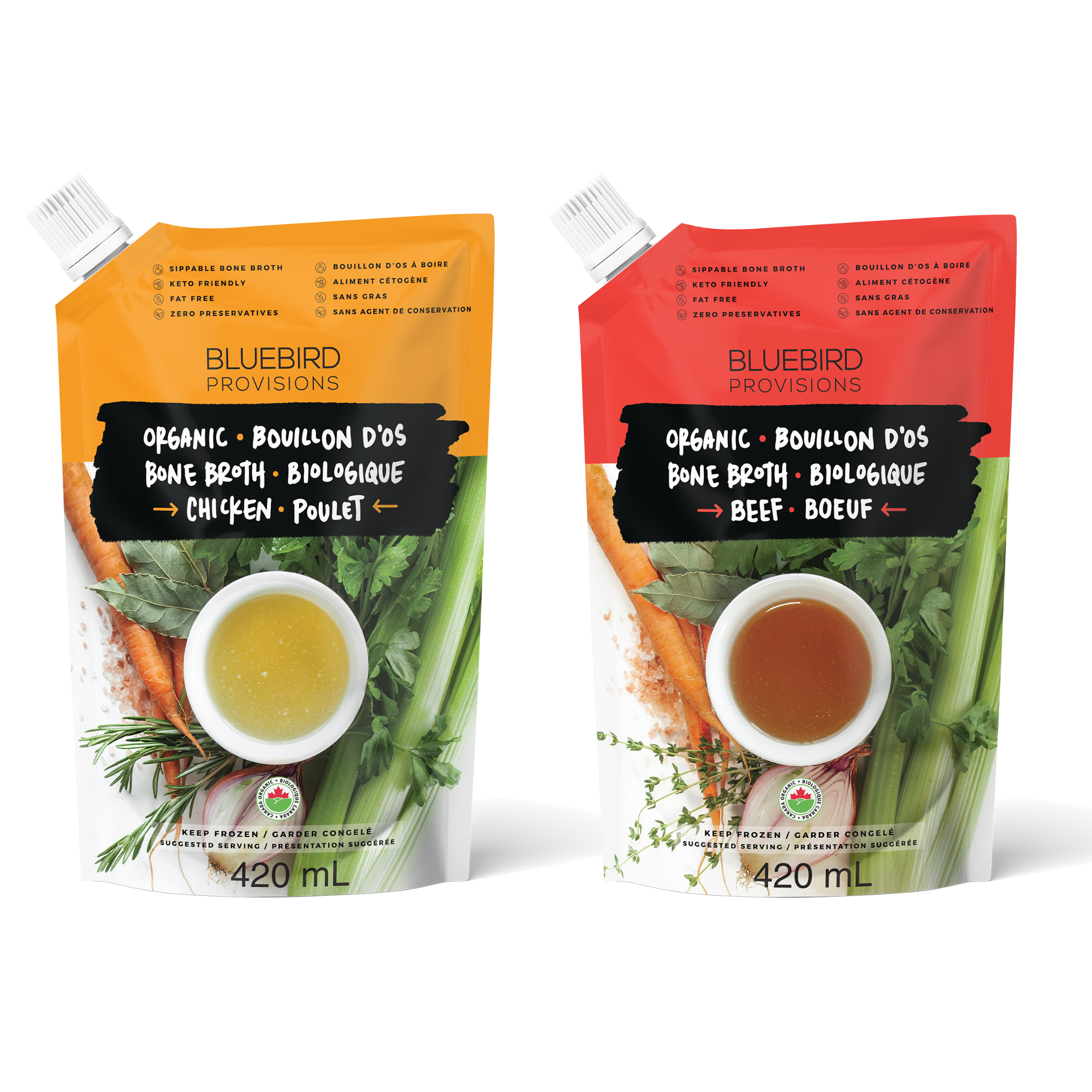
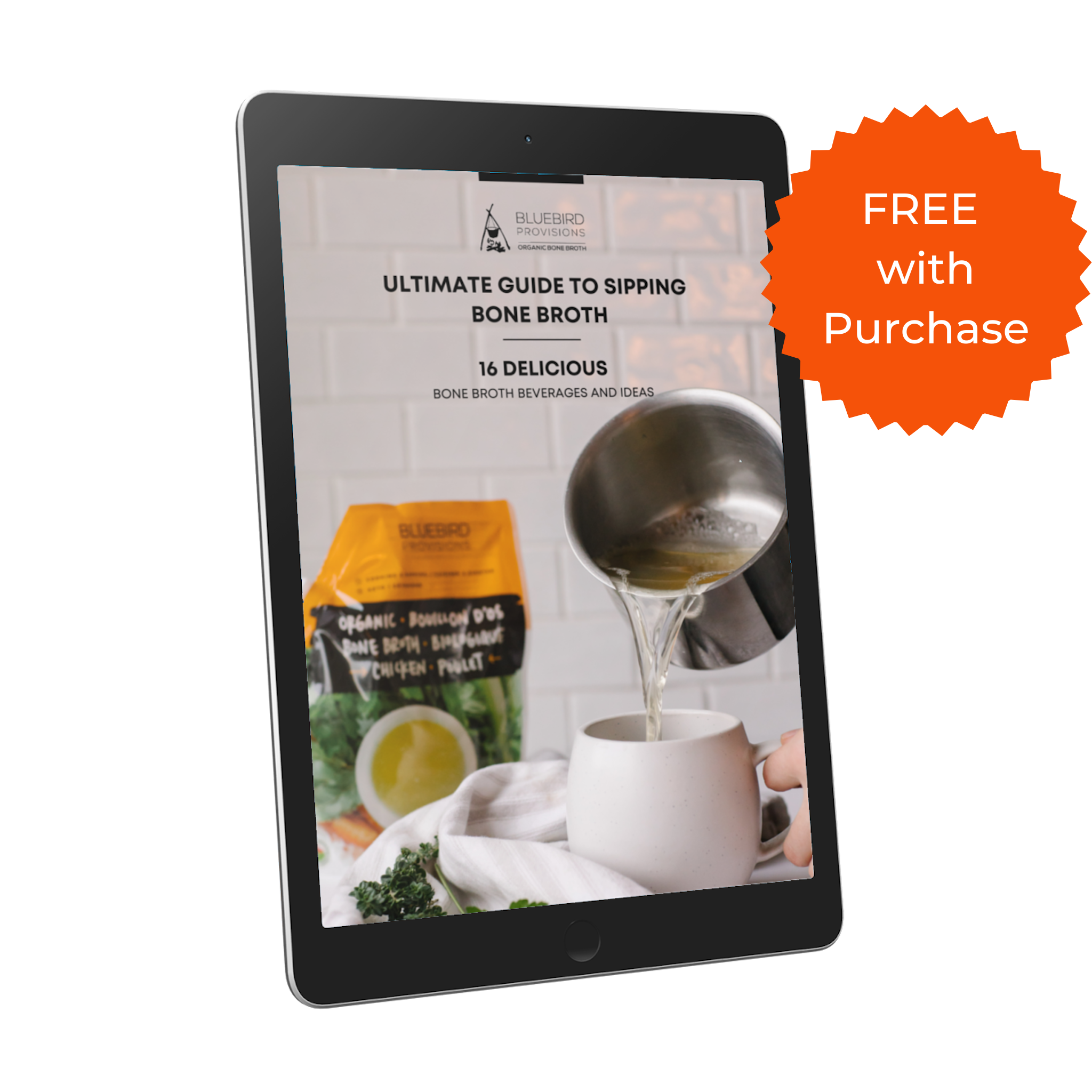
4 comments
Hi Terri,
It is difficult to weigh in without knowing what types and brands you have access to and your history.
If you can tolerate dairy, then opt for a full fat natural or organic yogurt.
connor
Connor at Bluebird Provisions
I like to have yogurt for breakfast. Can you tell me what kind of yogurt you eat? And does it have the probiotic
properties, and also Anti-inflammatory or at least not inflammatory?
Terri Wiley
Hi Andrea!
I agree! Fermented foods like yogurt are incredibly anti-inflammatory. I decided to leave yogurt out this time because some research shows a significant portion of population develop allergies to dairy products.
Connor
Connor at Bluebird Provisions
Bacteria in yogurt called Lactobacillus rhamnosus reduces uptake of mercury by 36% & arsenic by 78% in humans. Why is yoghurt off your list. I eat organic yogurt with the purest ingredients.
Andrea
Leave a comment
This site is protected by hCaptcha and the hCaptcha Privacy Policy and Terms of Service apply.